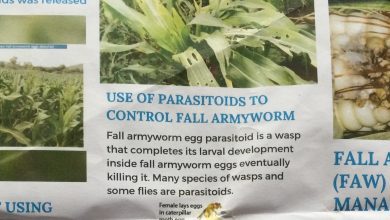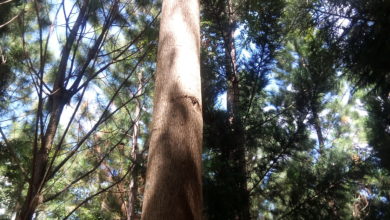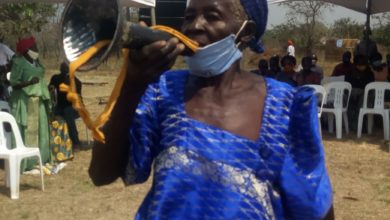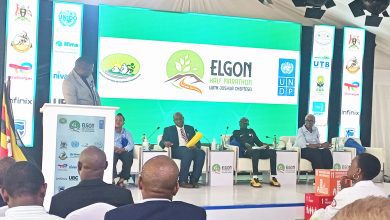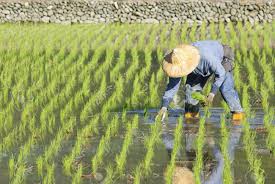
AgricultureEnvironment
UGANDA: EXPERT WARNS AGAINST PADDY RICE FARMING IN WETLAND.
Experts say decomposed waste rice left in wetlands after harvest produces methane gas that affects the land and water echo system and extinction of aquatic lives.
UGANDA: EXPERT WARNS AGAINST PADDY RICE FARMING IN WETLAND.
Experts say decomposed waste rice left in wetlands after harvest produces methane gas that affects the land and water echo system and extinction of aquatic lives.
GULU-UGANDA: Northern Uganda is facing unpredictable rainfall pattern for the last ten years a matter arising from human activities degrading environment. They include massive tree cutting, encroachment on wetland and reclamation and use of chemicals during farming.
To promote farming amidst the harsh weather, Uganda Government has invested in reclaiming water for irrigation schemes in Acholi Sub Region. The schemes include Tochi Oyam district, Limur in Lamwo and many others in Gulu and Amuru districts.
Some of these schemes have directly been introduced to support rice farming with living examples of Agoro and Kibimba rice schemes in Lamwo and Busia which are practicing paddy production.
With paddy production, rice is grown in warm, water logged soil. Farmers traditionally flood rice plots throughout the growing season.
The practice is commonly known as continuous flooding. Experts say it provides ideal conditions for microbes that produce large amounts of methane.
Desmond Anywar, an environmental and livelihood experts says rice is on high demand in Uganda however its plantation in wetland is another major threat to the environment and water system.
‘’when you cultivate in the water or at the river bank, you are indirectly draining water and this consequently contribute to an arid condition.’’ He explained.
He stretches that residues of planted rice on wetlands decompose and produces methane which is a direct link to global warming.
‘’paddy rice production requires a lot of trees cutting but still this contributes to destruction of water shed.’’ Anywar argued.
But Anywar advises that farmers who practice paddy rice production in wetlands must open their land during dry seasons, prepare water drainage system to allow free water movement otherwise the practice should be abolished for upland growing.
He recommended that Agoro irrigation scheme in Lamwo district which has over 10,000 rice farmers should use tillage or ox-ploughing while farming to avoid massive destruction of echo system of the land attributed to use of fertilizers.
Anywar explained that the destruction in the land and water echo system eventually causes aridity. Similarly decomposing rice husks releases methane gas which causes global warming.
To Anywar, the practice not only affects the land echo and water echo system but several aquatic lives also suffer extinction if uncontrolled.
Paddy rice is a staple crop feeding the world`s population. It is a key source of the greenhouse gas methane which is responsible for about 40 million tonnes or 10% of the annual global emissions.
The practice reduces water consumption and the need for fertilisers on the other hand can control increasing methane emissions and ensure the livelihoods of millions of smallholder rice farmers.

